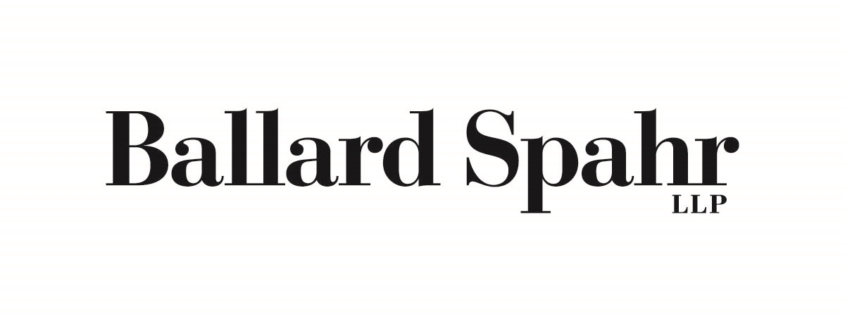OFAC Targets Virtual Currency Exchange for Allegedly Facilitating Ransomware Attack | Ballard Spahr LLP
First Post in a Two-Part Series on Recent OFAC Designations
On September 21, 2021 OFAC issued its first sanctions designation against a virtual currency exchange by designating the virtual currency exchange, SUEX OTC, S.R.O. (SUEX) “for its part in facilitating financial transactions for ransomware variants.” Although this is a unique development, the broader and more important issue for any financial institution or company facing a ransomware attack is the continuing problem encapsulated in OFAC’s six-page Updated Advisory on Potential Sanctions Risks for Facilitating Ransomware Payments, which OFAC released in conjunction with the announcement of the SUEX designation. The Updated Advisory illustrates a “Catch 22” scenario, in which a victim that halts a ransomware attack by making the demanded payment then may find itself under scrutiny from OFAC on a strict-liability basis if it turns out that the attackers were sanctioned or otherwise had a sanctions nexus. The Updated Advisory states that OFAC will consider self-reporting, cooperation with the government and strong cybersecurity measures to be mitigating factors in any contemplated enforcement action.
OFAC has been busy. Tomorrow, we will blog on a more traditional action announced by OFAC right before the SUEX designation: OFAC’s designation of members of a network of financial conduits funding Hizballah and Iran’s Islamic Revolutionary Guard Corps-Qods Force. This designation is notable for the targets’ alleged use of gold as a vehicle to launder illicit funds through front companies.
The Blacklisting of SUEX
According to OFAC, over 40% of SUEX’s known transaction history is associated with illicit actors. As a result, SUEX is prohibited from transacting with U.S. persons or transacting within the United States, and financial institutions and other persons that engage in certain transactions or activities with the sanctioned entities and individuals may expose themselves to sanctions or be subject to an enforcement action. OFAC issued the designation pursuant to Executive Order (E.O.) 13694, entitled “Blocking the Property of Certain Persons Engaging in Significant Malicious…



